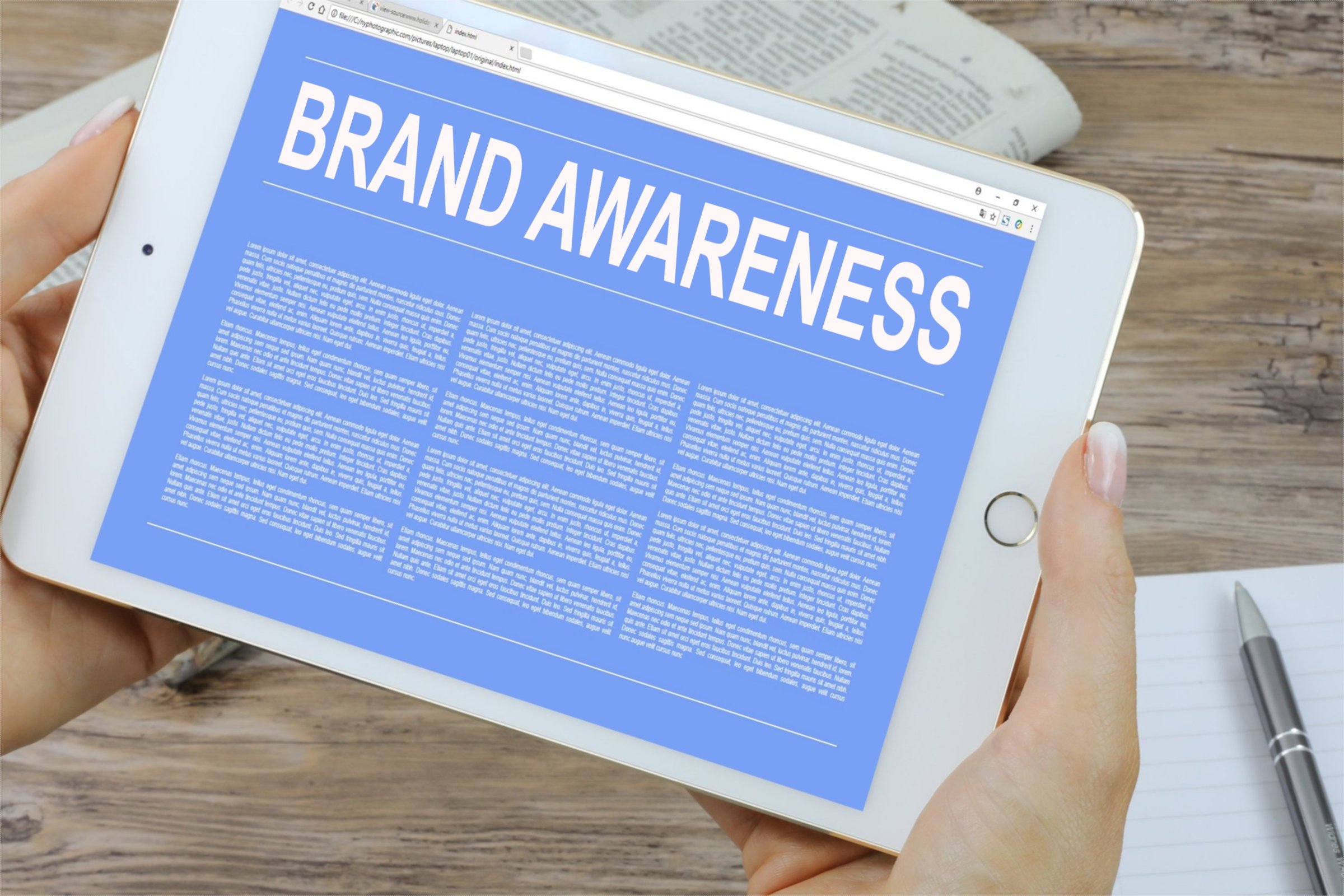 Understanding the Concept of a Full-Funnel PPC Strategy
Understanding the Concept of a Full-Funnel PPC Strategy
Marketing is an essential component of any business, and a successful marketing strategy relies heavily on the concept of the marketing funnel. The marketing funnel is a tool that helps visualize and plan marketing strategies, particularly in the world of pay-per-click (PPC) advertising. In this article, we will break down what a full-funnel PPC strategy looks like, from top to bottom, providing you with a blueprint to create your own successful PPC campaign.
At its core, the marketing funnel represents the consumer’s journey from initial awareness to making a purchase. It consists of three stages: awareness, consideration, and conversion. Let’s dive deeper into each stage to understand how they relate to PPC advertising.
The first stage of the marketing funnel is awareness. This is where potential customers are just learning about your brand or what you offer. They may have seen ads for your brand but haven’t taken any further action. To target these potential customers, you can use PPC campaigns such as display campaigns, video campaigns, or discovery campaigns. The goal is to make your brand known to these potential customers so that when they are ready to make a purchase, they think of you.
The middle stage of the funnel is consideration. At this point, potential customers have identified a problem and are actively researching solutions. They may use keywords like “best” or “review” to find the best brands to shop with. To target these potential customers, you can use PPC campaigns such as search campaigns, video campaigns (more informative in nature), or display campaigns with refined interest targeting. The aim is to provide informative content that helps potential customers make an informed decision.
The final stage of the marketing funnel is conversion. This is where potential customers have completed their research and are ready to make a purchase. To target these potential customers, you can use PPC campaigns such as search campaigns (branded and non-branded), display remarketing campaigns, or shopping campaigns. The goal is to make it as easy as possible for potential customers to find your brand and make a purchase.
While each stage of the marketing funnel is important, it’s essential to consider your budget when implementing a full-funnel PPC strategy. If your budget is limited, it’s recommended to focus on the bottom of the funnel first and work your way up. This means maximizing your effectiveness at the conversion stage before expanding to the consideration and awareness stages. While this strategy may result in short-term revenue growth, it’s not ideal for long-term growth as it doesn’t focus on expanding the number of potential customers.
In contrast, a full-funnel PPC strategy focuses on targeting potential customers at every stage of the funnel. By increasing awareness, providing informative content during the consideration stage, and making it easy to convert during the conversion stage, you can achieve long-term growth in paid advertising. This strategy allows you to continually grow the number of potential customers and increase revenue over time.
Implementing a full-funnel PPC strategy requires initial effort but pays dividends through continual, scalable growth. Display, video, search, shopping, and remarketing campaigns all play distinct roles across the funnel. It’s important to evaluate your business’s current customer volume and conversion rates to allocate budget and resources effectively.
With a well-crafted full-funnel PPC strategy supporting your efforts, you can achieve the revenue growth your business needs to thrive in today’s competitive landscape.
